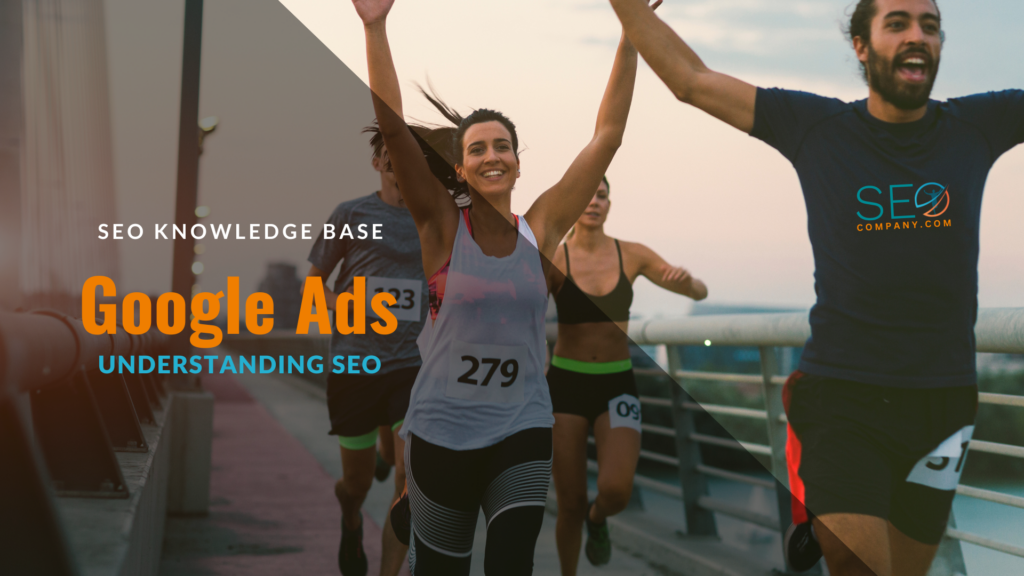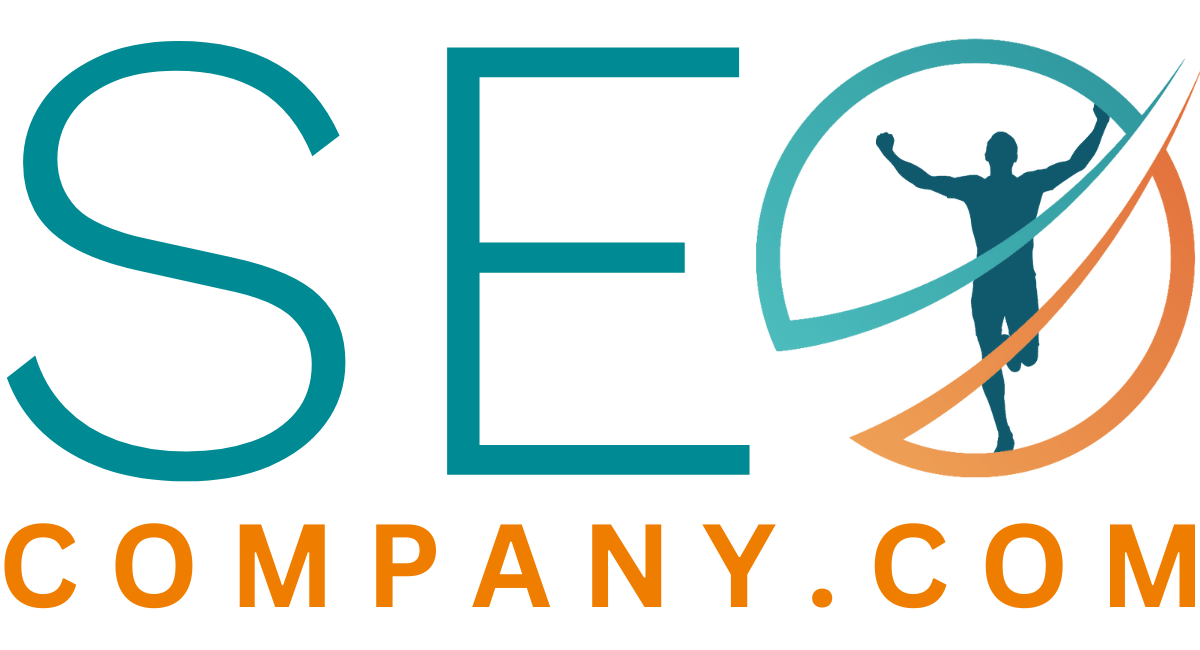
What is Google Ads (Formerly Google Adwords)?
AdWords, also known as Google Ads, is a pay-per-click (PPC) advertising platform developed by Google. AdWords allows businesses to create and display ads on Google’s search engine results pages (SERPs) and on other websites that are part of the Google Display Network. Advertisers can target their ads based on keywords, geographic location, language, and other factors to reach their desired audience. Try Google Ads.
Google Ads Relationship to Web Design:
While AdWords does not have a direct relationship to web design, the two are closely related in terms of user experience. A well-designed website can help improve the performance of AdWords campaigns by providing users with a better experience when they click on an ad and land on the advertiser’s website. This can lead to higher conversion rates and ultimately, better ROI for the advertiser.
Relationship to Accessibility:
AdWords has no direct relationship to accessibility, but advertisers should ensure that their landing pages are accessible to all users, including those with disabilities. This is important not only for ethical reasons but also to avoid potential legal issues. Advertisers should ensure that their landing pages are compliant with the Web Content Accessibility Guidelines (WCAG) 2.1.
Relationship to Search Engine Optimization (SEO):
AdWords and SEO are both strategies that can help businesses improve their visibility on search engine results pages (SERPs). While AdWords is a paid advertising platform, SEO is a way to optimize a website’s content and structure to improve its organic ranking on search engines. AdWords can complement SEO by providing immediate visibility for targeted keywords while SEO is a longer-term strategy.
Black Hat Techniques:
AdWords has strict policies and guidelines that advertisers must adhere to. Any violation of these policies can result in the suspension or termination of an advertiser’s account. Black hat techniques, such as using deceptive ad copy or engaging in click fraud, are strictly prohibited by Google and can result in severe penalties.
History and Usage:
Google launched AdWords in 2000 as a way for businesses to advertise on its search engine. At the time, the platform was called “Google AdWords” and focused mainly on keyword-targeted text ads. Over the years, AdWords has evolved to include a range of ad formats, including display ads, video ads, and shopping ads.
Today, AdWords is one of the most widely used PPC advertising platforms in the world, with millions of advertisers running campaigns on a daily basis. Advertisers can target their ads to specific audiences based on a range of criteria, including demographics, interests, and search behavior. They can also use a range of bidding strategies to optimize their ad spend and maximize their ROI.
Common Questions About Google Ads:
- Q: How does AdWords work? A: AdWords works by allowing advertisers to bid on specific keywords or target audiences based on a range of criteria. When a user searches for a keyword that matches an advertiser’s targeting criteria, their ad may appear on the SERP or on a website that is part of the Google Display Network. Advertisers pay only when a user clicks on their ad.
- Q: How much does AdWords cost? A: AdWords costs vary depending on a range of factors, including the competitiveness of the targeted keywords, the ad format, and the bidding strategy. Advertisers can set a daily budget and bid on keywords based on their desired cost-per-click (CPC) or cost-per-thousand-impressions (CPM) rate.
- Q: How do I create an AdWords campaign? A: To create an AdWords campaign, advertisers must first create an account on the AdWords platform. From there, they can create campaigns and ad groups, select targeting criteria, and create ad creatives. Advertisers can also set bids and budgets for their campaigns.
- Q: How can I optimize my AdWords campaigns? A: There are a number of ways to optimize AdWords campaigns. One way is to continually monitor performance metrics, such as click-through rate (CTR) and conversion rate, and adjust bids and targeting criteria accordingly. Advertisers can also test different ad creatives and landing pages to see which ones perform best.
- Q: Can I use AdWords for my small business?
A: Yes, AdWords can be a valuable tool for small businesses looking to increase their online visibility and attract more customers. However, it’s important to carefully plan and manage AdWords campaigns to ensure that they are cost-effective and targeted to the right audience. - Q: What are some common mistakes to avoid with AdWords?
A: Some common mistakes to avoid with AdWords include targeting the wrong audience, using poorly crafted ad copy, neglecting to track performance metrics, and failing to optimize landing pages for conversions. Advertisers should also be careful not to engage in any black hat techniques that could result in account suspension or termination.
In conclusion, AdWords is a powerful PPC advertising platform that can help businesses increase their online visibility and attract more customers. While it has no direct relationship to web design or accessibility, advertisers should ensure that their landing pages are well-designed and accessible to all users. AdWords can complement SEO as a strategy for improving search engine visibility, but it’s important to adhere to Google’s policies and guidelines to avoid penalties. By carefully planning and optimizing AdWords campaigns, businesses can maximize their ROI and achieve their marketing goals.
